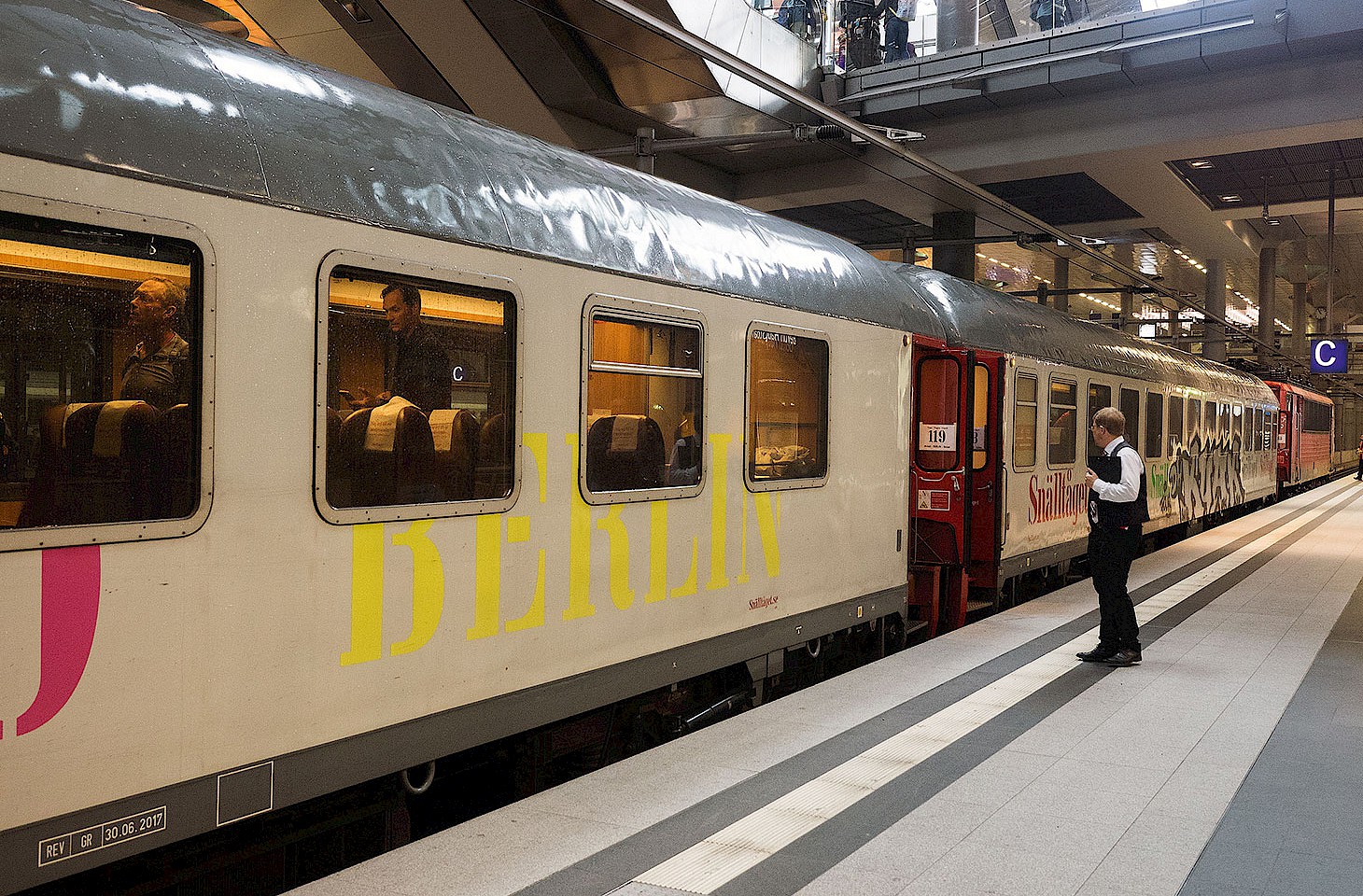Dear fellow travellers
April is the cruellest month," wrote TS Eliot. Not so in southern Sweden, where March can be much crueller than April. It is no surprise that Swedes have a dozen different words for slush. This is the season when winter's icy hold on forests and lakes is challenged by slowly rising temperatures. Thick lake ice turns to milky cream, while the thaw makes forests utterly impenetrable - where a month ago lay only pristine snow, now spring warmth brings murky pools, slushy swirls of purple and emerald blending to rebellious black.
I wanted to do something to mark the equinox and so I travelled north. Following the geese, I thought. But I beat the geese to the shores of Vänern and Vättern, the two great lakes that dominate the heart of Sweden. I walked through villages where snow is still piled high, bulldozed many months ago into great mountains, but now releasing muddy torrents that pour across roads and footpaths. "You didn't come dressed for the Swedish spring," observed a postman, giving voice to the painfully obvious as I picked a route through a slushy deluge that swept through Trolmen, a wee slip of a place on the east side of Lake Vänern.
Who knows why the trains still stop at Trolmen. Indeed, I wonder why the trains still run at all on many of these deeply rural routes through the wilderness. It is one of many Swedish issues on which I ponder. It is a country I find deeply interesting, but not perhaps one I easily warm to. It is hard to warm to a country where the towns, if not wrecked by modern concrete, are just too spacious to be cosy. From Karlstad to Karlskrona, great breezy squares just don't encourage the visitor to linger, particularly in late March when a brisk wind sweeps in from the east. I made a meandering journey, travelling some 2000 kilometres on rural railways through a region where winter does not so easily relinquish its sway. The towns were not the highpoint, but rather the remote communities tucked away deep in the forests. And I liked the endless hours on empty trains, a pilgrimage where spring wrestled with lingering winter and time and space were reduced to a railway track that stretched onward through the forests towards nowhere.
Amid the ruins of winter, there were some spring scenes as dead land revealed new life: elk venturing to the shore of a lake, a cat curled up in the sun on the front step of a church, mossy slopes emerging from beneath the snow, little buds of pussy willow and the first snowdrops. Eventually the geese will return, but not before the monochrome of winter has been eclipsed by the glorious green of the all-too-short Swedish spring. "We have twelve words for slush," said the postman in Trolmen, "but just one for spring."
Nicky Gardner
(co-editor, hidden europe magazine)



